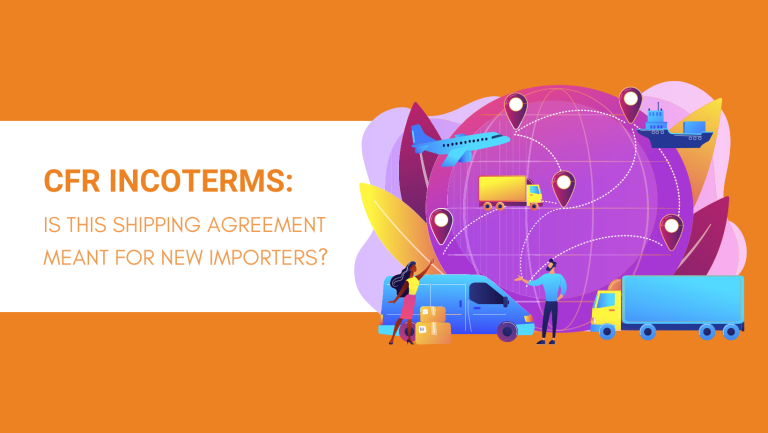International trade has seen an upward growth since its inception. With many different types of import and export agreements, there was a need to categorize these shipping contracts.
CFR Incoterms are one of those types of agreements in which the seller is mainly responsible to move the goods from his location and making sure that the goods are ready for export in the main carriage after all the formalities.
This article will enlighten you about every information regarding CFR Incoterms including its conditions on both parties and how to use this agreement in your favor.
Let’s start.
What Are CFR Incoterms?
The shipping industry has different types of agreements between buyer and seller. These agreements mainly depend upon the obligations or responsibilities between buyers and sellers.
The terms and conditions of these agreements are defined by the International Chamber of Commerce (ICC) and are applicable to all the shipping methods in international trade.
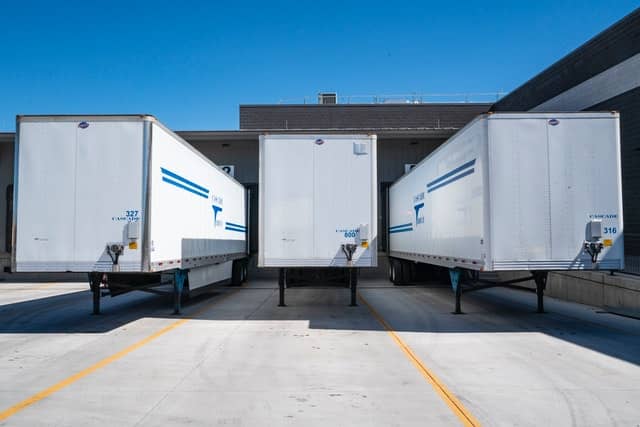
CFR Incoterms are one of such types of agreements. We will discuss the detailed terms and conditions under CFR Incoterms in the coming section of this article.
What Does CFR Stand For?
The CFR stands for “Cost and Freight”. It refers to the seller’s obligations that he will pay for all the costs till the goods are boarded on the main carriage.
It requires the seller to deliver the goods along with bearing all the freight charges to make this happen.
All the risks are on sellers until the goods are boarded on the main carriage and are ready for export.
Responsibilities of Sellers and Buyers in CFR Shipping Terms
Let us discuss the responsibilities of the seller and buyer under the CFR shipping agreement.
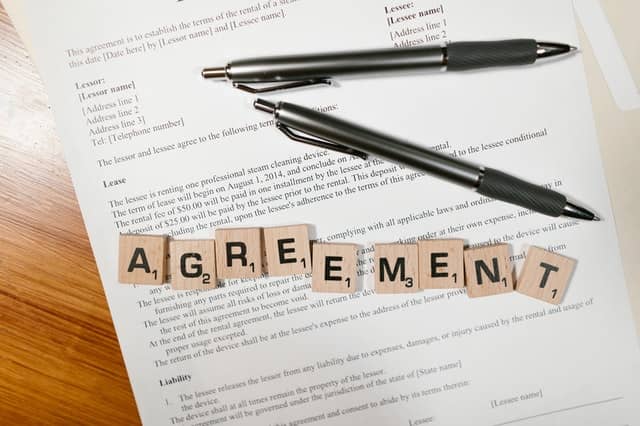
Seller’s Responsibilities in CFR Shipping Terms
- The seller arranges the goods ordered by the buyer according to the specified instructions.
- Sharing the commercial bill or the invoice showing the selling coat of those goods.
- Provide all the formal documentation to process this export.
- Packing the goods as per the standards of export.
- Marking of the goods according to the export guidelines.
- Arranging and paying for the freight to move goods from the seller’s location.
- Delivering the goods safely to the port.
- Arranging and paying for the costs of loading on the main carriage at the port.
- Provide the delivery documentation to the buyer to assure him that the goods are delivered to the port.
- Bearing the charges of pre-shipment inspection.
After the goods are loaded to the ship at the port, the seller is free from his responsibilities. The risk was on the seller until the products were ready to leave the country to be exported. After that point, the buyer is responsible for each of the remaining steps.
Buyer’s Responsibilities in CFR Shipping Terms
Following are the buyer’s responsibilities in a CFR agreement.
- Paying the seller for the goods according to the commercial invoice.
- Monitor and follow up for the steps after goods are onboard for shipment.
- Receiving the goods at the port.
- Import clearance at the port and pay for all the customs clearance.
- Paying for any other charges at import such as inspection of goods, etc.
- Unloading of goods at the port.
- Arranging freight for onward carriage from the port to the desired location.
- Any other arrangements after the arrival of goods at the port.
Risks and Costs of Sellers and Buyers in CFR Shipping
The main differentiating factors in all the shipping Incoterms are the costs and risks that both parties bear. Overall, the CFR Incoterms almost create a balance between both parties. It is like half of the costs and risks are on sellers and the other half on buyers.
Let’s discuss what risks and costs do sellers and buyers have to face in CFR terms and conditions.
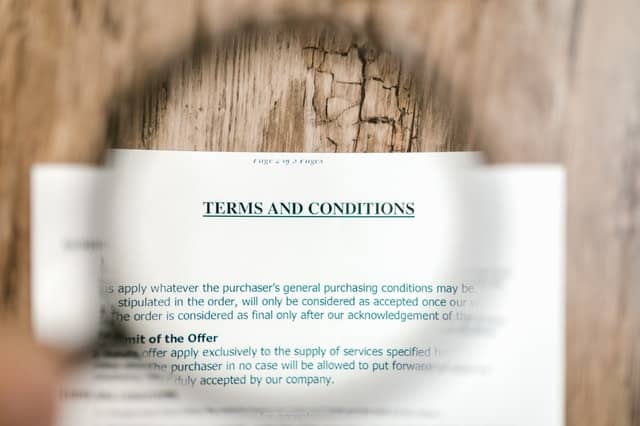
Risks and Costs of Sellers in CFR Shipping
The seller is at medium risk for exporting goods to other parts of the world. He is just responsible for the costs and risks in his own country.
Following are the costs and risks of sellers under the CFR agreement.
- Seller pays for the costs of moving goods from his warehouse and bears the risk of loading them on freight.
- Arrangement of cargo to deliver goods from his warehouse to the port for export.
- Paying for the export duties at the port and fulfilling all the export documentation and other formalities.
- Paying for the pre-shipment inspection of goods.
- Arranging and paying for the main carriage.
- Any damage of goods from the seller’s warehouse to the port comes under the seller’s risk.
- Any delay in the dispatch of shipment due to any reason is also the seller’s risk in CFR Incoterms.
Risks and Costs of Buyers in CFR Shipping
The buyer is equally at risk as much as the seller in CFR Incoterms. That is because the buyer is responsible for almost the other half of the shipping process.
Following are the costs and risks associated with the buyer in a CFR agreement.
- The costs of paying for the customs duties and taxes at the port.
- The risks of unloading goods at the port.
- The costs of arranging freight for the onward carriage.
- The costs of inspection at the port.
- The value-added tax (VAT) on the import of goods will also be the buyer’s responsibility.

- The cost of unloading at the buyer’s warehouse.
- Any delays in import clearance at the port will be the buyer’s headache.
- Any damages from the port to the buyer’s warehouse will also be on the buyers.
As you can see that risk transfers to the buyer from the seller after the main carriage.
So, you can say that the first half of the shipping process is on the seller and the other half has to be done by the buyer in CFR shipments.
Who Should Go for the CFR Agreement?
As a buyer, you have to be very clear about what responsibilities you can take before signing a shipping agreement. The CFR agreement is for buyers who are experienced in importing goods from other countries.
If the following situations sound related to you, you can go for a CFR shipping contract with the seller.
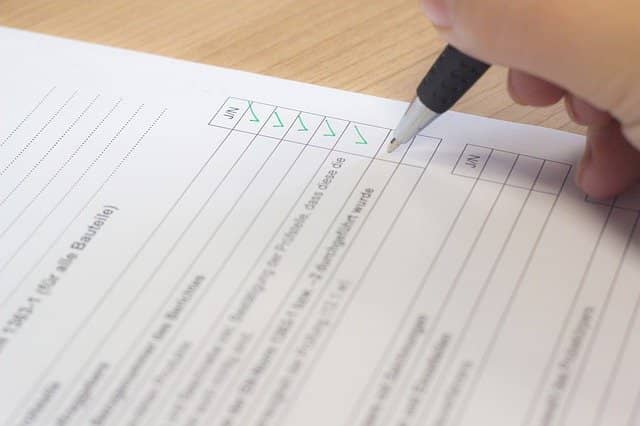
- You don’t have any experience in managing export functions in the origin country.
- You are aware of the import duties and customs formalities in the destination port.
- You can handle the import delays at the port.
- You are experienced with unloading goods at the port.
- You have a good network of freight to optimize your costs in getting the goods delivered at your warehouse.
Tips to Use CFR in Your Favor
If you are making up your mind to select the CFR shipping agreement to import goods to your country, make sure you do the following.
- Have a detailed analysis of all the shipping options and their relevant Incoterms.
- Make a comparison on the overall costs of doing things yourself or putting them on the seller. You need to select the cheaper shipping method to be cost-effective.
- If you are going for a CFR agreement, try not to import goods in peak seasons. The shipping costs are higher in those days.
- You can always ask for the services of a product sourcing agent who will give you a detailed cost breakup for your overall import deal.
- Ask for all the documentation from your seller in advance so that you may not face any difficulty when your shipment reaches port.
- Have your contacts in freight companies in line before the shipment arrives. Make an agreement with the best cargo company in advance so that you may not be affected by any sudden price hikes at the time of onward carriage.
- Make sure you get the expected arrival date from your seller so that you can plan your responsibilities accordingly.
- You can also go for an insurance option from port to your warehouse just to be covered for any losses and damages.
Insurance in CFR Incoterms
As per the terms and conditions in CFR Incoterms, none of the parties are bound to get the goods insured. It is totally up to each of the parties to get insurance for goods. That is because the cost of insurance is not included in this agreement under CFR.

However, if a seller does not get the goods insured, he will be responsible to replace or refund for the goods that are lost or damaged before the goods are on board for the main carriage.
The same principle applies to the buyers also. They cannot claim any damages if the goods are lost or damaged after they arrive at the port.
If any of the parties consider the issuance to be done for goods, it can be either of the following options.
- Full insurance for both sides after a mutual agreement between buyers and sellers.
- Two different insurance policies on each side. One insurance can be done by the seller in the origin country which will cover the goods till the port. The other policy is done by the buyer in the destination country from the port to his warehouse.
- There can be one insurance policy on either side. Either the seller will insure the goods from his side or the buyer can get insurance for the goods at the destination.
FAQs regarding CFR Incoterms
We have answered the frequently asked questions regarding the CFR shipping agreement in the following. Read the answers carefully to clear any doubts regarding this agreement.
What Are the Means of Shipment in CFR Incoterms?
The CFR Incoterms are only meant for ocean freights or for the goods transported by sea.
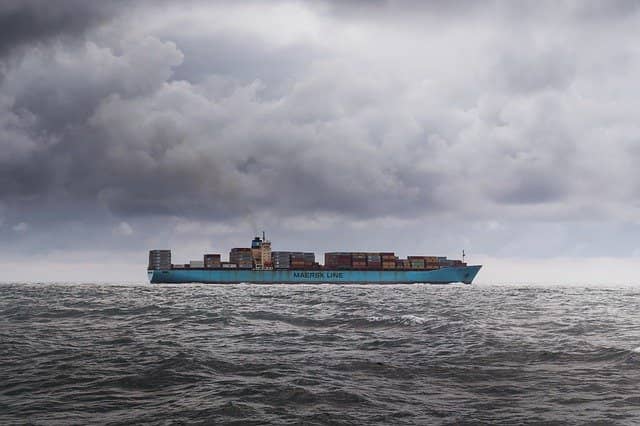
They can also be applicable to inland waterways. The CFR Incoterms are not meant for road, rail, or air freights.
This condition makes CFR a different shipping agreement from many other Incoterms.
Does CFR Work for Containerized Cargo?
No. The CFR agreement is not suitable for containerized cargo. That is because this agreement works only in the situation where the seller delivers goods directly to the vessel. The goods are then loaded onto the main carriage.
Another aspect of CFR is that it suits the bulk cargos or goods without containers, etc.
This is contrary to other types of shipping practices where goods are delivered at the port in containers.
What’s the Difference Between CIF and CFR?
The CIF stands for “Cost, Insurance and Freight”. There is a single difference between CIF and CFR Incoterms. That is the insurance of goods.
The CIF Incoterms put additional responsibility on the seller to have the insurance of goods when they reach the port for export. The rest of the terms and conditions are the same as CFR Incoterms.
So, you can say that there is no difference between CIF and CFR Incoterms except for the insurance.
Are CFR and CNF the Same?
Yes. CNF and CFR are the same in shipping or trade terms. The CNF stands for “Cost and Freight” which is what CFR also stands for.
So, you can say that CNF is just another way of writing CFR. According to the Incoterms, the actual and valid shipping agreement name is CFR.
The CNF is outdated and is less spoken terminology in the shipping world. That is why people do not refer to it much.
What Is the Difference Between CPT and CFR Incoterms?
CPT stands for “Carriage Paid To”. This is one of the official shipping Incoterms. In this type of agreement, the seller has the higher costs of paying for the carriage after the goods arrive at the port.
The seller has lesser risk involved in CPT because he is only responsible for paying for the carriage till the goods reach the named place of destination.
Contrary to CPT, the CFR agreement does not require the seller to pay for the unloading and onward carriage after the shipment arrives at the port.
What Is CFR vs FOB?
FOB stands for “Free On Board”. This is also one of the shipping Incoterms. The seller is required to deliver the goods to the ship or vessel. The seller’s costs and risks are over when the goods board the vessel in the FOB agreement.
The rest of the costs and responsibilities are on the buyer. These include main carriage, import formalities, unloading, onward carriage, etc.
The similarity between CFR and FOB Incoterms is that both shipping agreements are meant for ocean or sea freight. They can also be used for inland waterway transport.
The main difference between the CFR and FOB is that the buyer has to be responsible for the main carriage and further steps in FOB while the main carriage is the seller’s responsibility in the CFR agreement.
Final Words
The CFR Incoterms look fair enough for buyers and sellers if both are experienced in the shipping steps in their own countries. It can be your next feasible agreement if you are planning on sourcing products from China.
We have tried to explain the CFR agreement in detail. Do let us know if you still have any unanswered queries regarding these Incoterms.
Are you planning on importing products from China with the cheapest solutions? We are here to help. Ask for a free quote today and we will be right there to assist you in every possible way.
